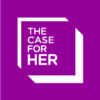The annual Menstrual Hygiene Day (MH Day) was held on May 28th, but for the first time, the event was completely digital. While we certainly missed gathering face to face, this new virtual format offered an unprecedented opportunity for inclusion as our messages were no longer limited by a specific location and who could get there.
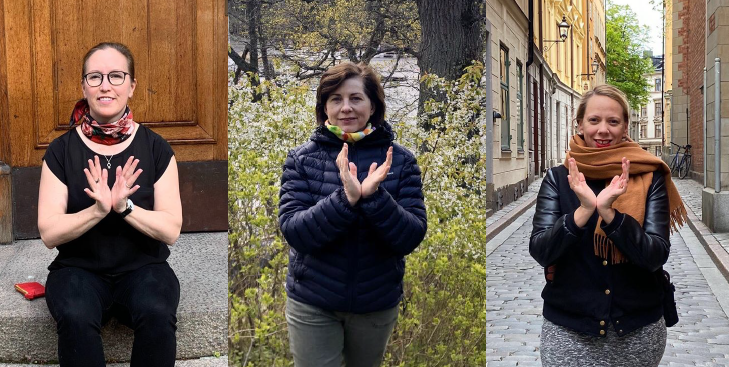
According to the official MH Day website, and thanks to the extensive efforts of the entire menstrual community, the reach of our messages exceeded every expectation. The contributions of the global menstrual health community to this new digital format resulted in a more than 80% increase in online articles, and an almost 40% increase in social media mentions. Let’s take a look at some of the highlights.
Building Momentum
The MH Day Secretariat led the social media push with exceptional public assets, made by female designers, and from digital campaigns to webinars, the menstrual community was out in full force to build up momentum for MH Day. This collective energy was well highlighted by the official MH Day #ItsTimeForAction video, which received input from leaders and advocates like Karl Hofmann (President/CEO of PSI) and Katja Iversen (President/CEO of Women Deliver).
UNICEF’s Virtual Conference on Menstrual Hygiene Management in Schools on May 21st brought together experts and practitioners from around the world to focus on advancing menstrual health reforms in schools. Our partner Julie Hennegan was on hand to present the Menstrual Practice Needs Scale (MPNS-36), a new tool for monitoring and evaluating whether the needs of menstruators are being met. The full MPNS-36 presentation by Julie is now available online.
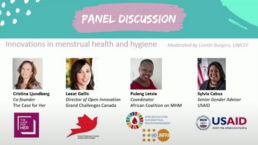
Our co-founder Cristina Ljungberg spoke on a panel about innovations in menstrual health at the 8th Virtual Conference on MHM in Schools. The panel was moderated by Lizette Burgers (Senior WASH Adviser, UNICEF) and included Leeat Gellis (Director of Open Innovation, Grand Challenges Canada(, Puleng Letsie (Coordinator, African Coalition on MHM), and Sylvia Cabus (Senior Gender Adviser, USAID). Watch the full discussion here.
Two days before MH Day, we co-hosted a webinar with Population Services International (PSI), PSI-Europe, and the Global Menstrual Collective with a focus on real-world menstrual health programming case studies. Titled “Making the Case for Menstrual Health: Lessons from the Field”, this webinar was hosted by Odette Hekster (Deputy Managing Director PSI Europe) and featured Kumbirai Chatora (Marketing Director, PSI-Zimbabwe), Audrey Anderson Duckett (COO, Be Girl) and Thérèse Mahon (Regional Programme Manager South Asia, WaterAid).
Following the presentations, Margaux Chinal of Agence Française de Développement moderated a panel discussion that is not to be missed by anyone with an interest in integrating menstrual health and hygiene into their respective WASH and sexual and reproductive health programs. The full presentation, slides, and Q&A are all available on the PSI website.
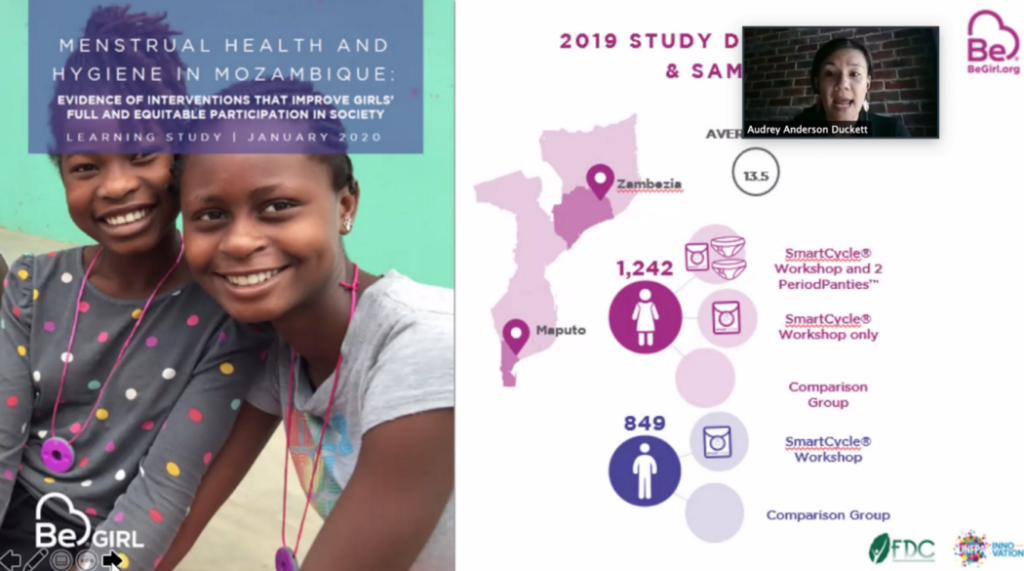
The main event
With so much happening on MH Day, it was difficult to know where to start. Luckily for us, our friends at Menstrual Health Hub had put out a special edition of the Menstrual Memo to help guide the way. If you haven’t signed up for the Menstrual Memo yet, you should definitely put yourself on the list.

The MH Day Secretariat at WASH United was busy hosting a live event of their own on MH Day. Studio MH Day featured three spotlight broadcasts, each with a regional focus and an impressive set of guest speakers from around the world. Don’t worry if you didn’t catch them all, the three recordings are available on Twitch: Asia-Pacific, Africa & Europe, and The Americas.
Thank you to Juliane Wernhard, Ina Jurga, and Thorsten Kiefer (left to right) for your amazing work as our hosts!
MH Day 2020 also saw some results of menstrual activism come to fruition. Here are some of the big announcements this year:
- Republic of Kenya: The Ministry of Health launched an official Menstrual Hygiene Management Policy
- South Africa: Announced that South African Business Standards had published new standards for washable, reusable menstrual pads
- New Zealand: Announced free distribution of menstrual products to all schoolgirls
Another ambitious event was One World Period—a 12-hour live stream from Irise International featuring everything from PMS yoga and vulva cupcakes to inter-generational period chats and informational panel discussions. One such panel discussion was on the topic of “Who do periods matter?” and featured an all-star line up of menstrual experts including our very own Gerda Larsson and good friend Florence Schechter, founder of The Vagina Museum. The live recordings and art are all available on the One World Period Facebook event page.
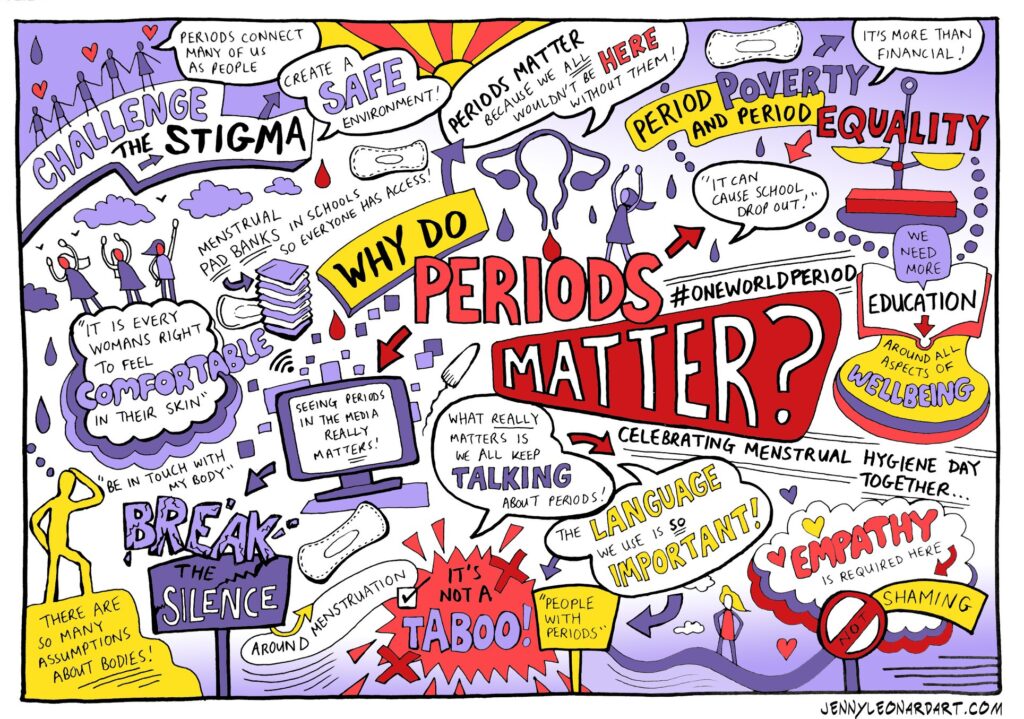
What comes next?
A rallying cry was born this year: “periods don’t stop for pandemics.” Menstrual health is underfunded during the best of times and is now at an even bigger risk of being cast aside. The Case for Her will continue working with our partners and allies in the MH space to increase funding and bring awareness to this key issue. We’re fueled by the commitment of advocates globally and see opportunities increasing and awareness building through the MH day campaigns and all years of hard work done carried out by individuals, grassroots, national and international organizations. The time for action is now!
A big thank you to our partners at WASH United for their tireless work in bringing together activists, funders, practitioners, educators, and so many more from around the world. We can’t wait to see what MH Day 2021 has in store.
- The Case for Her Teamhttps://thecaseforher.com/blog/author/tcfh-team/
- The Case for Her Teamhttps://thecaseforher.com/blog/author/tcfh-team/
- The Case for Her Teamhttps://thecaseforher.com/blog/author/tcfh-team/
- The Case for Her Teamhttps://thecaseforher.com/blog/author/tcfh-team/


